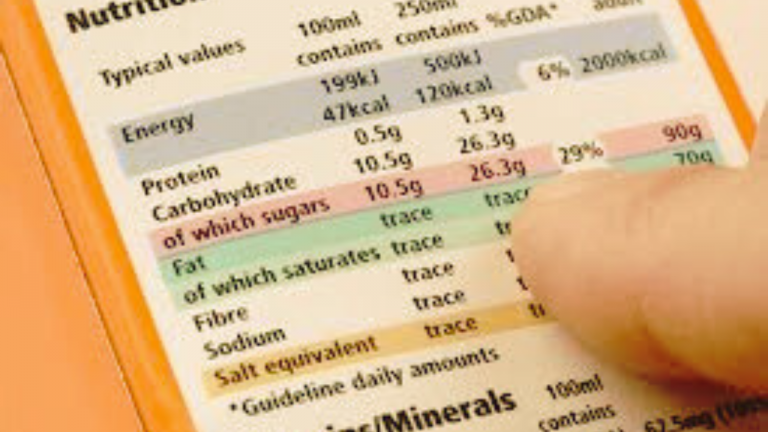Does Salmon Roe Have More B12 and Vitamins Than the Salmon Flesh?

Salmon roe, also known as salmon eggs or salmon caviar, is known to be a good source of various nutrients, including vitamin B12 and other vitamins and minerals. Vitamin B12 is an essential nutrient that plays a key role in nerve function, DNA synthesis, and red blood cell production, among other functions. It is naturally found in animal-derived foods and is particularly abundant in fish, meat, poultry, eggs, and dairy products.
In general, the nutrient content of salmon roe can vary depending on factors such as the type of salmon, its diet, and its environment. However, salmon roe is known to be rich in vitamin B12, omega-3 fatty acids, and other nutrients.
In comparison, salmon flesh, which is commonly consumed as fillets, is also a good source of vitamin B12, omega-3 fatty acids, and other nutrients. The nutrient content of salmon flesh can also vary depending on factors such as the species of salmon, its diet, and its environment.
It’s worth noting that the nutrient content of both salmon roe and salmon flesh can vary depending on various factors, including the specific type of salmon, the freshness and quality of the product, and how it’s prepared and cooked. Generally, a balanced and varied diet that includes a wide range of foods, including both fish and other animal-derived foods, as well as plant-based foods, can help ensure an adequate intake of essential nutrients. If you have specific nutritional needs or concerns, it’s best to consult with a qualified healthcare professional or registered dietitian for personalized dietary advice.



